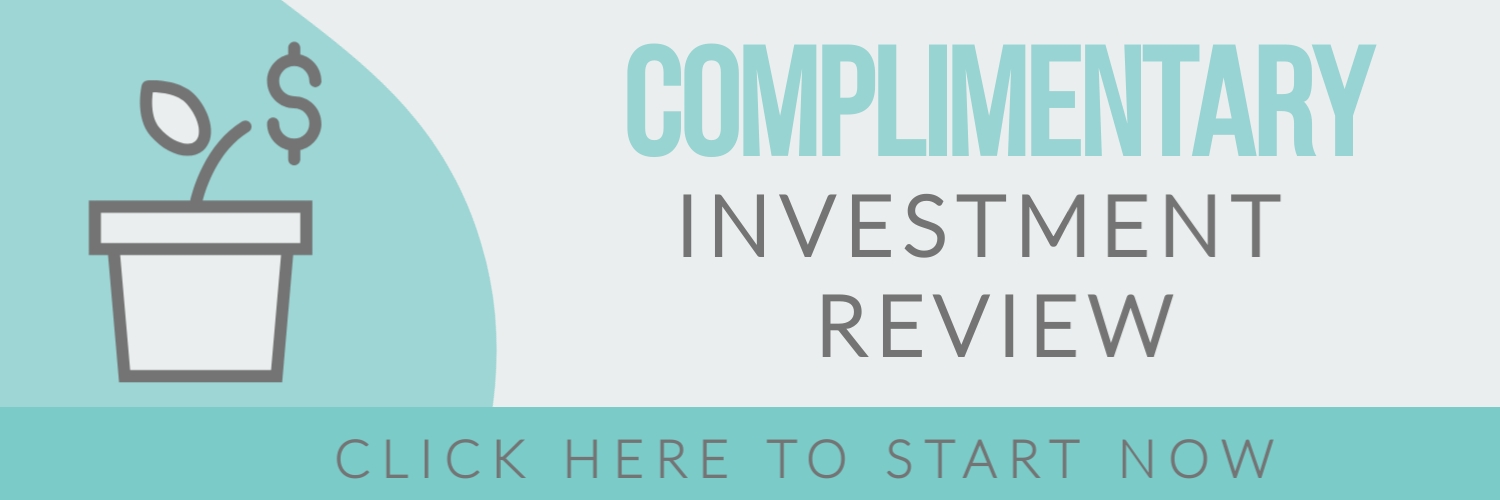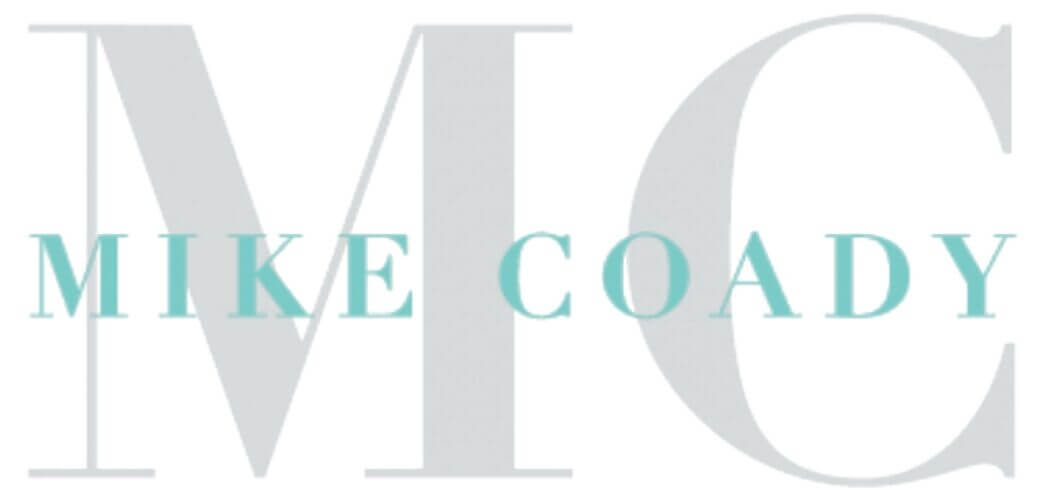
Home How do you balance return vs risk?

How do you balance return vs risk?
|
Getting your Trinity Audio player ready...
|
Making the right investment decisions is something you can only properly do by fully understanding your own personal risk tolerance. There’s no doubt that we all know that all levels of reward come with some level of risk and uncertainty. The amount of risk, of course, depends on many factors. When you look at equity, bonds, and cash, (the three major types of investment assets) each of these has had over the long-term consistent returns, however, each of these have also had their degree of risk. The more you understand these levels of risk and uncertainty, you can work towards building a balance that fits your needs, goals, and lifestyle.
What factors determine risk?
Many situations, of course, can lead to a higher level of risk associated with some of these asset types. For example, the domestic and/or global economy outlooks can negatively turn, leading to a drop in equity markets, impacting most shares (even those with perceived lower risk). Political instability is another factor. Inflation also affects the value of investments.
Your goal is to determine the acceptable level of risk and reward for your situation, experience and understanding. If you are going to invest over the longer term, you’ll need to find the right balance of risk and reward for your needs. Historic patterns are important, but so is your own personal risk tolerance level. Here are a few key things we should all work with our clients to keep in mind.
- Bonds typically have a higher return level than cash, which leads to higher returns than holding cash.
- Equities typically have the highest level of risk but can offer the highest level of return in the long term.
- Cash is seen as relatively stable, but currently does not typically offer returns over and above inflation.

Finding your balance
Ultimately, it is important to work with a financial adviser who can provide individual tips and strategies that will fit your specific needs. However, there are some things you can do to find a balance between risk and reward. Consider the following:
- What are your goals? The bigger your goals are, the higher your returns need to be. For this reason, it is critical for you to consider taking on a higher risk to see the returns you need.
- How much time do you have? Bigger returns are easier to obtain over the long term. If you have a shorter period of time until retirement, for example, you may not want to take on as much risk and volatility.
- What is your risk tolerance? Frankly, some people simply cannot watch their portfolio rise and fall easily. If you are up at night worrying when you see a one-day drop of 10 per cent, high-risk investments may not be the right choice for you. If you know that they will eventually rebound, this is less of a concern.
- Are you diversified? When you diversify your investments, you spread them out over several types of investments, whether that’s shares, bonds, property, cash, and/or other investments. By spreading them out, you would have less risk and volatility. For example, if you invest 90 per cent of your portfolio into gold and gold prices fall significantly, you’ve lost nearly all of your portfolio. If you invest in three or four different investment classes, this risk is less.
It is important to create a strategy and then stick with it. In every situation, the balance between risks and rewards stems from time. You’ll see many of your investments improve from drops over a long period, historically speaking. Invest at a level that you feel comfortable with. That’s when you’ll see the biggest long-term benefits in your portfolio. Ultimately, you may need to change your investments from time to time to improve that balance. Another area that is equally important as risk and return is underlying charges that create a performance drag on your returns.

About Mike Coady
Mike Coady is an expat expert based in Dubai and is on hand to help with all of the above and more.
Mike is an award-winning money coach and industry leader in the financial sector.
Qualified to UK Financial Conduct Authority (FCA) standards, a member of the Chartered Insurance Institute, a Founding Fellow of the Institute of Sales Professionals (FF.ISP), a Fellow of the Institute of Directors (FIoD) and featured as a highly qualified Financial Adviser in Which Financial Adviser.
To learn how to choose a great financial adviser, download our free guide.
Blog published by Mike Coady.
Related
You May Also Like

South African Expat Tax Update 2024
South African expatriates should not only understand the newly implemented 2023/2024 tax laws, which aim at taxing their...

British Expats – please cancel your Premium Bonds now!!
“They are nowhere near as good as they used to be and now that you are an expat,...

Let’s learn quality control from manufacturing
Let’s learn quality control from manufacturing I’ve gone on record before saying the quality is never an accident....
DISCLOSURE:
mikecoady.com, the website, does not provide financial, investment or tax advice. It is specially designed to provide its users with general information. It does not give individual or specific advice on which products or services are the most appropriate for an individual’s particular circumstances. We may from time to time publish content on this site that has been created by affiliated or unaffiliated contributors.





